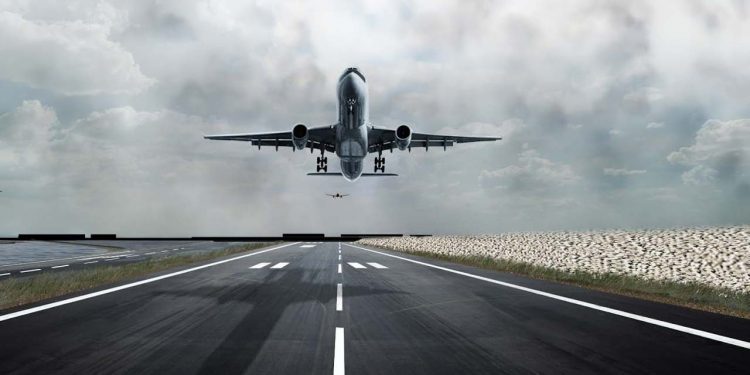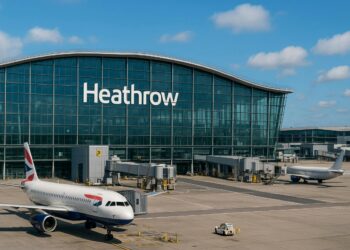The Federal Government has threatened to sanction foreign airlines in the country for allegedly refusing to accept Naira for flight tickets, but this action by these airlines if proven to be true is only in response to very obvious friendly environemnt which the Nigerian government needs to address.
The Minister of Aviation, Hadi Sirika, made this threat known to the media at a briefing on Wednesday after the Federal Executive Council meeting chaired by President Muhammadu Buhari.
BASIC FACTS
- The Nigerian Aviation Minister has threatened to sanction foreign airlines for selling ticket in United States Dollars.
- According to Hadi Sirika, selling of air ticket in foreign currency violates Nigerian laws.
- The Minister spoke after the federal executive council meeting in Abuja on Wednesday.
WHAT WE KNOW
Hadi Sirika, the Minister of Aviation, on Wednesday cautioned foreign airlines in Nigeria against the sales of ticket in foreign currency.
The Minister who spoke after the federal executive council meeting, said the government will sanction such airlines as ticket sales in foreign currency is a violation of Nigerian laws.
He said intelligence reports indicates that some of the airlines refuse to sell in Naira but charge ticket fares in dollars instead, in violation of laws of the federal republic of Nigerian.
The minister disclosed that the Nigerian Civil Aviation Authority has been directed to deal with any of such airlines that are caught flouting the Nigerian laws.
Sirika cautioned them to refrain from using the social media to place their demands rather than resorting to the diplomatic channels.
According to him, foreign airlines have made over 1.1 billion dollars so far from Nigeria since 2016, an amount which could have remained in the country if they were local airlines.
He further revealed that the airlines remitted over 600 million dollars to their home countries in 2016, while over 265 million dollars has also been released this year.
CATCH-UP
Recall that some foreign airlines had last August threatened to pull out of the country over their inability to repatriate their profit.
The airliners have been unable to take out their profit because of scarcity of Dollars in Nigeria. In response, the CBN had released over $265m to the industry. Also, some airlines reduced the number of flights to Nigeria.
COMMENTARY
At this time, in the face of harsh economic reality and the jobs at risk consequences, the Nigerian government should do less of threat of sanctions and adopt negotiations and diplomacy.
Perhaps the government has failed to appreciate that these companies are in business for profit. Of what relevance are the proceeds of these investments if the companies can’t withdraw or remit their profits out of the country?
This crisis should also be a pointer to why government need to create an environment that would make our local/indigenous airlines fit for International travel, as that maybe the panacea to hegemony of the foreign airlines.
Foreign investment in Nigeria is for the best interest of the local economy, but the need to repatriate profits back to home countries is inevitable. Therefore, it is also for the good of the country that there are no inhibitions to this need for international remittance.
The aviation industry is a very technical part of the economy and requires a lot of resources to sustain. In addition to funding, is also the need for technical expertise and technological knowhow.
The federal government should begin to think in the direction of investing heavily in the aviation sector with a view to making the country a hub both for tourism and production of relevant parts for the servicing of the aircrafts.
There are some low hanging fruits that can autopilot the industry to boost the national gross domestic product and drive foreign exchange earning in favour of the country.
The stage of our technological advancement and even funding capabilities makes it completely impossible not to encourage foreign investment in the area. Therefore, even as much Nigeria needs local content in the sector, it must be married with foreign technical partnership.
These partners must have the guarantee that the proceeds of their investments can be freely repatriated or profitably reinvested into the country at will, and in a way that makes economic sense to them.












